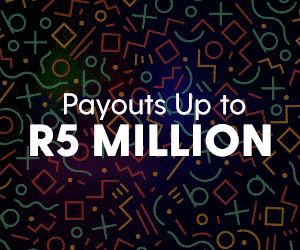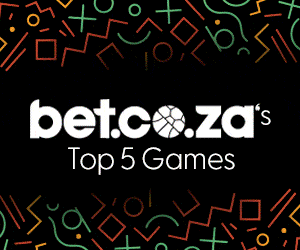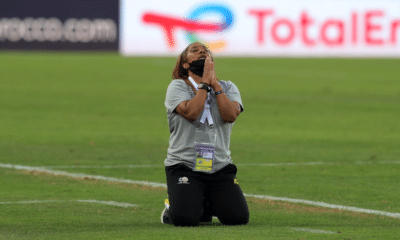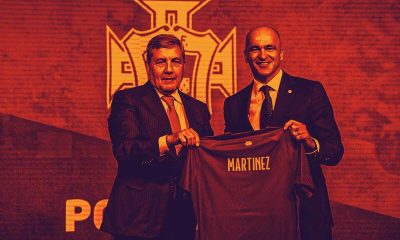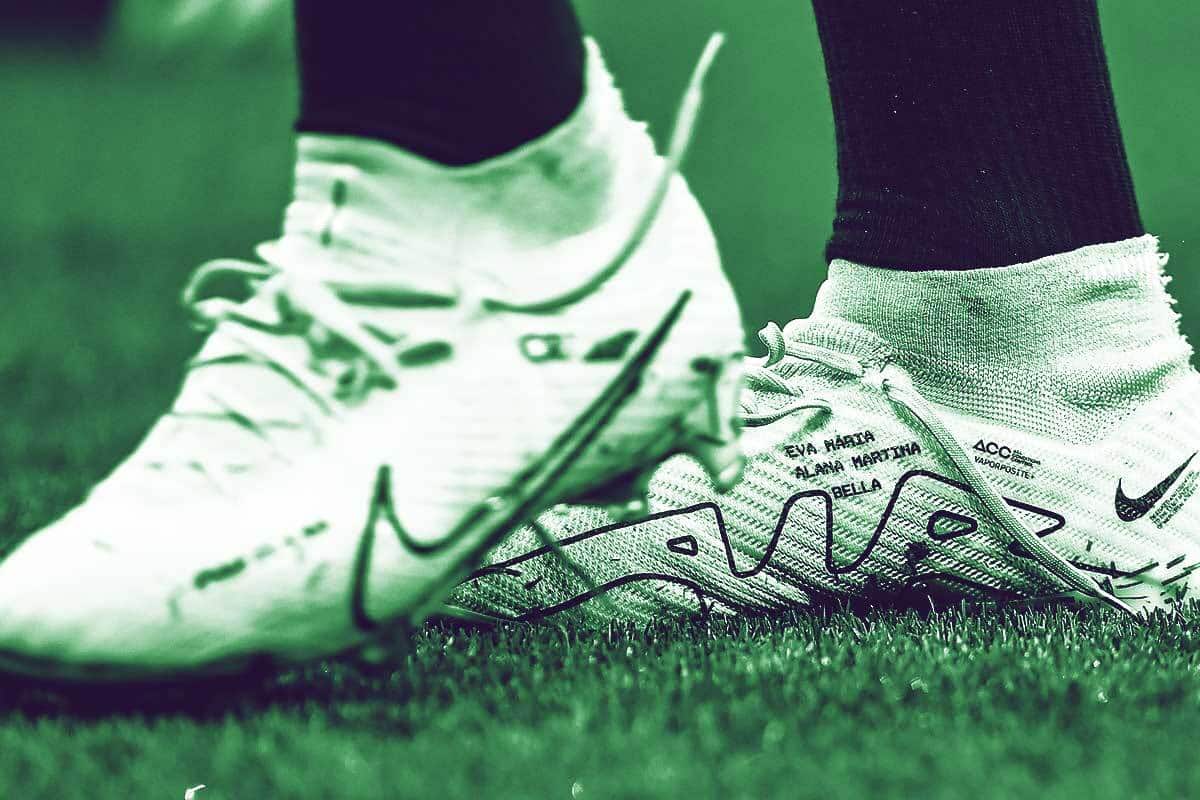
When the Italia 1990 World Cup kicked off in Milan, US sportswear brand Nike had zero footprints as a kit supplier at the tournament.
Stroke Of Genius
Four years later, when the World Cup was hosted in the US, Nike’s founder Phil Knight set his sights on expanding the business into the beautiful game. According to Athletic Interest, Knight said: “We will only truly understand football when we see the game through the eyes of the Brasilians.”
Nike went on the offensive and signed on as Brazil’s kit supplier in 1996 worth a whopping $100 million over 10 years. Knight and co had played a brilliant marketing hand as the South Americans reached the 1998 World Cup final in France and won the 2002 edition.
Brazil striker Ronaldo, a Nike athlete, was the best footballer in the world and one of the most recognisable sportspeople globally.
Qatar 2022
At this year’s FIFA World Cup in Qatar the brand was found on the shirts of 13 of the 32 teams. That’s almost double the number of countries that German sportswear brand Adidas kitted out at the first Arab-hosted World Cup which provided kits to seven teams.
Smaller brands such as Hummel, Marathon, Majid, Kappa, New Balance, and One All Sports saw their facetime to the world’s football TV audience cut as early as the group phase. As the tournament progressed to the Round of 16 Adidas, Nike and Puma were the remaining brands left in the competition.
The World Cup is a massive opportunity for brands to reach a global audience, and the sportswear business is worth $300 billion per year. It’s not a surprise to see brands such as Uber Eats and Volkswagen sponsoring 2018 World champions France.
Star players like Lionel Messi and Kylian Mbappe adorned billboards and social media posts for Adidas and Nike respectively and battled for the Golden Boot award as the tournament’s top scorer
In the semi-finals, Nike sponsored two of the four teams, France and Croatia. Adidas was represented by Argentina and Puma by Morocco.
This past weekend’s final pitted the old foes, Nike and Adidas against each other. The subplot of course was Mbappe v Messi, another duel between the US and German brands.
Ultimately, it was Adidas who walked away with the bragging rights as the South Americans celebrated their third World Cup win on penalties after a 3-3 extra-time result. Messi bagged the player of the tournament and Mbappe walked away with the Golden Boot after a terrific hat trick in the last match.
Knight’s vision of finding a seat at the table of global football paid off handsomely with the US brand’s football sales reaching $2 billion in 2018.



